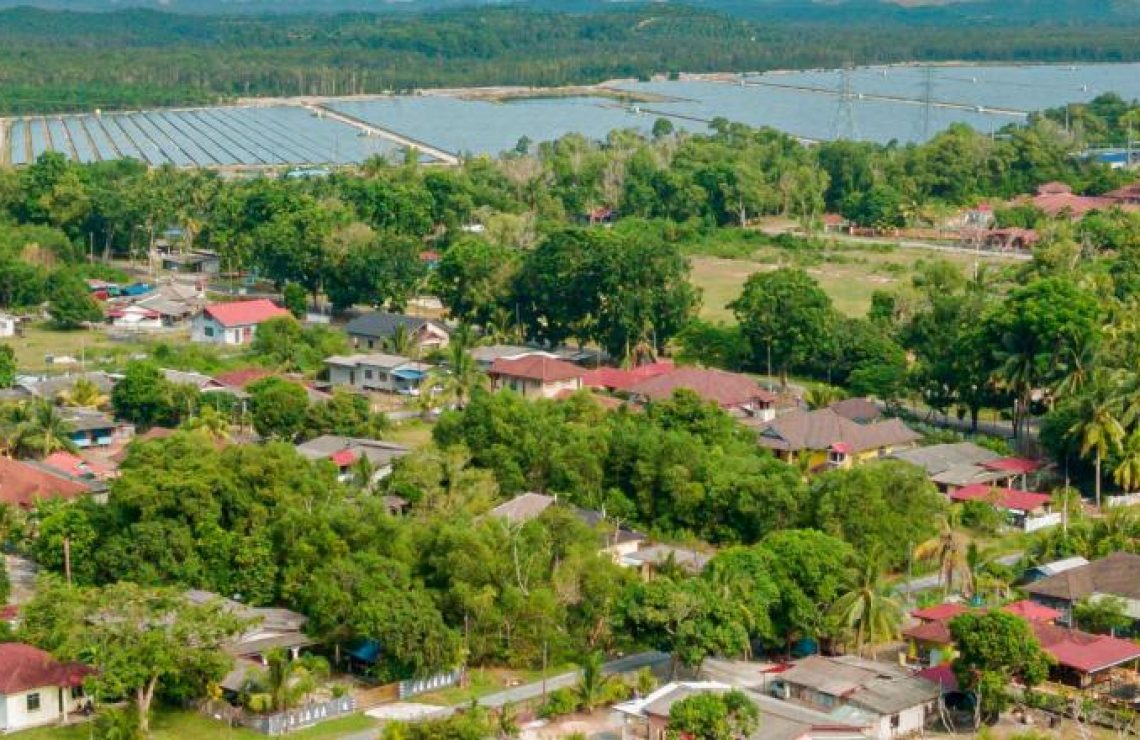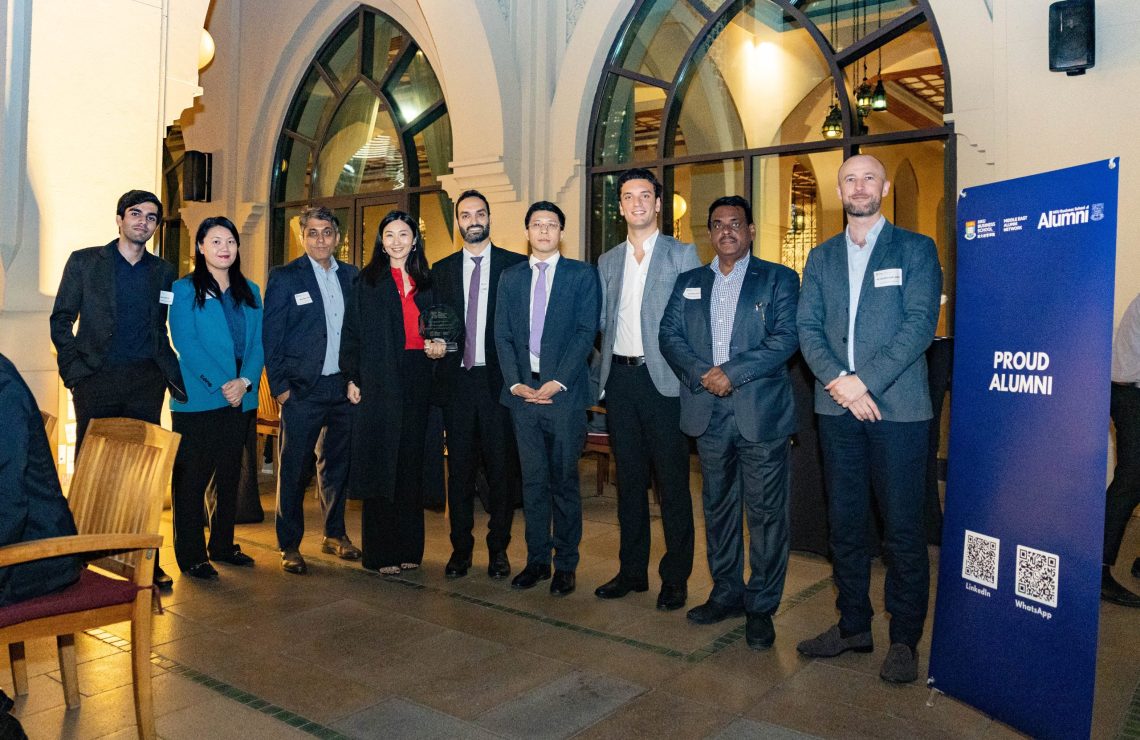HKU Scholars’ Response to 2020-2021 Budget
(26 February 2020, Hong Kong) Four faculty members from the Faculty of Business and Economics of the University of Hong Kong (‘HKU Business School’) respond to the 2020-2021 Budget announced by the HKSAR Government as follows:
HSBC Professor in Global Economy and Business Strategy
Hong Kong economy faces severe downward pressures due to the Sino-US trade war, social unrests, and now COVID-19. It calls for immediate measures to stabilize the economy in the short run. The focus, however, should be on saving jobs or preserving human capital. Any measures to save business should be contingent on saving jobs or preserving human capital, or even better contingent on enterprises taking the opportunity to further enhance the human capital of its employees. For example, the government can cover part of the wage costs for enterprises to retain employment and/or hire new graduates, and substantially increase budget for employment training to improve productivity.
More importantly, Hong Kong needs to work out a long-term strategy to create more and better jobs, essentially by making Hong Kong more competitive in the long run. Specific measures include: (i) making Hong Kong a better place for doing business (deregulation, and the rule of law), (ii) making Hong Kong firms more integrated with the global, regional and mainland Chinese economies, and more innovative through R&D investment and re-industrialization, and (iii) making our workforce more competitive in an increasingly globalised economy with fast-changing technologies (through education and job retraining).
Hong Kong’s long-term strategy is: (i) to be a centre of technological innovations, (ii) to ride on affluent mainland Chinese investors and consumers; (iii) to help mainland Chinese firms to go global, and (iv) to be a centre of producer services (such as trade and logistics). If we stick to this long-term strategy, any budget deficit is short-term. Otherwise, any budget surplus is not long-lasting.
Professor in Economics
Overall, the direction of the financial secretary’s budget is right in addressing the downside risks due to economic slowdown and rising unemployment in Hong Kong this coming year.
The most welcomed part of the budget by most people is obviously the HK$10,000 cash payout to every Hong Kong citizen aged over 18, without any mean tests. This is going to be the least distortive part of the budget and will help boost aggregate demand, especially from the relatively less rich who have a high marginal propensity to consume in general. Given that consumer confidence will decline in expectation of a slowing economy, the cash payout will have some positive impact on the economy. Economically how helpful it will be is yet unclear. I doubt it will be large but understandable that it is the request from all political parties and meets the expectation of the general public.
The income tax cuts will also help. Given that the marginal propensity to consume for taxpayers (who are relatively richer) tend to be smaller, and the number of people who will benefit from this initiative is fewer than 2 million, I am expecting an even smaller effect than the HK$10,000 cash payout. On the supply side, various financial support and tax reduction for business will likely to help small-medium enterprises (SMEs), which probably are the most financially constrained and likely to lay off workers or even go bankrupt. Given that the coronavirus outbreak will continue to negatively affect tourism, the retail and catering sectors the most, financial support in any form is certainly better than none. High rental cost will remain to be a key determinant of the survival of many SMEs and their actual employment decisions. Hence, policies that lower the rent burden, such as reducing rents in government-owned properties further, may be more effective.
In addition, any financial support to innovation is always welcomed. What I see so far is mostly support for infrastructure development. I will need to wait for more details to emerge before I can comment. The focus should be more on retaining and attracting talents, similar to what the Financial Secretary has in mind when he supported the medical sector.
To conclude, the direction of the Budget is correct. Given the constraint the HKSAR government will face in the near future, the Budget seems quite good to me. Most economists will agree that fiscal policies need to be countercyclical, and the government has taken a big step at least in terms of the magnitude of the stimulus. I wish more intervention is on activities, rather than targeting specific sectors (e.g. subsidising electric car chargers, ETF, etc.). Based on that principle, I like the initiatives of cash payout and tax reduction for both employers and employees the most.
Principal Lecturer (Finance)
We can see the efforts of the Financial Secretary to support enterprises, safeguard jobs, stimulate the economy and smoothen livelihoods amidst the backdrop of coronavirus outbreak and economic downturn in this year’s Budget. He also tried to strike a balance between addressing the urge for cash payout from different sectors and maintaining competitiveness in economic development. However, there are more to be done.
The initiative to give HK$10,000 cash payout to Hong Kong citizens aged 18 or above is generally supported by different political parties. Yet the measure has a more significant impact politically than economically. This is because families with financial capacity may not increase spending under the current economic environment, but tend to save up more instead. If the arrangement of cash payout takes a long period of time, it cannot help those families who are in urgent need.
As for the measure of reducing salaries tax subject to ceiling of HK$20,000, it might be more effective to simply return the amount of tax just paid by taxpayers, rather than diminishing salaries tax in the coming year. In view of high property price and stringent measures in restraining property supply, the production of 100,000 units of public housing in the coming five years will not significantly help restoring the housing ladder.
Associate Professor in Economics
During the public consultation of the Budget, ‘HK$10,000 cash payout to all citizens’ is the biggest aspiration of the general public. When the Financial Secretary, Mr. Paul Chan, announced the Budget in the morning, he responded positively to the request. The government will provide a cash payout of HK$10,000 to all Hong Kong permanent residents aged 18 or above. This time the government has changed its style, acting in compliance with the aspiration of the general public and putting measures in place to benefit the citizens directly. I believe it can help relieve people’s hardship and grievances. However, cash handout is only a one-off measure with short-term effects.
In the long run, the government needs to address the ‘structural’ budget deficit problem. We will soon witness deficit in the 2019-20 fiscal year, and it will prevail in the next five years. Article 107 of the Basic Law stipulates that ‘The Hong Kong Special Administrative Region shall follow the principle of keeping the expenditure within the limits of revenues in drawing up its budget, and strive to achieve a fiscal balance, avoid deficits and keep the budget commensurate with the growth rate of its gross domestic product.’ Hence, the government cannot do nothing with the fiscal deficit as this would violate the Basic Law.
-Ends-







